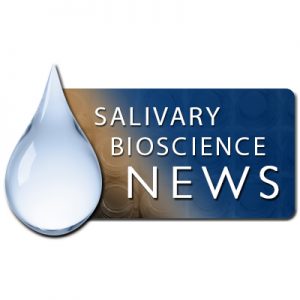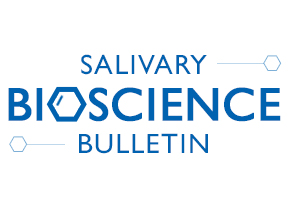Salivary Cortisol and Alpha-Amylase Connection in Mother-Infant Interactions
Ecologically salient stressors and supports and the coordination of cortisol and salivary alpha-amylase in mothers and infants. Author: Hibel LC, et al. (2018), Physiology and Behavior. ABSTRACT: This study examines the integration of the two main branches of the stress response system: the autonomic nervous system (via salivary alpha-amylase, sAA) and the hypothalamic-pituitary-adrenal axis (via cortisol). Mothers (n = 117) were […]
Salivary Stress Biomarkers as Tools for Determining Stress Adaptability and Resilience
Measuring Resilience to Operational Stress in Canadian Armed Forces Personnel. Authors: Hellewell SC & Cernak I (2018), J Trauma Stress. ABSTRACT: Adaptability to stress is governed by innate resilience, comprised of complex neuroendocrine and immune mechanisms alongside inherited or learned behavioral traits. Based on their capacity to adapt, some people thrive in stressful situations, whereas others […]
Relationship Between Salivary Cytokines and Household Fear of Deportation in Mexican-Origin Families
Household fear of deportation in relation to chronic stressors and salivary proinflammatory cytokines in Mexican-origin families post-SB 1070 Author: Martínez AD, et al. (2018), SSM – Population Health. ABSTRACT: Sociologists recognize that immigration enforcement policies are forms of institutionalized racism that can produce adverse health effects in both undocumented and documented Latinos and Mexican-origin persons in […]
Salivary Stress Biomarkers May be a Useful Tool for Determining the Risk of Stress Maladaptation
Measuring Resilience to Operational Stress in Canadian Armed Forces Personnel. Author: Hellewll SC & Cernak I. (2018), J Trauma Stress. ABSTRACT Adaptability to stress is governed by innate resilience, comprised of complex neuroendocrine and immune mechanisms alongside inherited or learned behavioral traits. Based on their capacity to adapt, some people thrive in stressful situations, whereas […]
Salivary Cortisol Associated with Stress and Sleep Patterns in Military Men
Morning Cortisol Is Associated With Stress and Sleep in Elite Military Men: A Brief Report. Author: Hernández LM, et al. (2018), Mil Med INTRODUCTION: Accumulating evidence suggests that trends in salivary cortisol after awakening may be reliable biological predictors of morbidity and mortality. In a sample of elite military men, our lab recently established summary parameters of morning cortisol as well as […]
Salivary Cytokine Levels in Response to Psycho-Social Stress
The plasmatic and salivary levels of IL-1β, IL-18 and IL-6 are associated to emotional difference during stress in young male Author: La Fratta I, et al (2018), Sci Rep BACKGROUND: Saliva collection is considered a non-invasive method to detect inflammatory markers in response to emotional states within natural social contexts. Numerous studies have prompted an important […]
SBB – Measuring Multiple Analytes
Drop Date: May 2017
In This Drop: Keeping the Science in Saliva When Measuring Multiple Analytes
Key Terms: Acute stress, Adolescence
Latent Trait Cortisol level reflects accumulation of both distal and recent forms of stress
Individual differences in early adolescents’ latent trait cortisol (LTC): Relation to recent acute and chronic stress. Author: Stroud CB, et al (2016), Psychoneuroendocrinology Research suggests that environmental stress contributes to health by altering the regulation of the hypothalamic pituitary adrenal (HPA) axis. Recent evidence indicates that early life stress alters trait indicators of HPA axis […]
Maternal distress alters salivary cortisol, affecting the neuroendocrine-immune network in children
Maternal distress and child neuroendocrine and immune regulation. Author: Riis JL, et al (2015), Social science & medicine. This paper examined the extent to which maternal psychological well-being moderates neuroendocrine-immune relations in children. From 2011 to 2013, 125 mothers and their five-year old children were studied in Baltimore, Maryland. Significant cytokine × maternal distress interactions […]
 Contact: Salimetrics (USA)
Contact: Salimetrics (USA)

